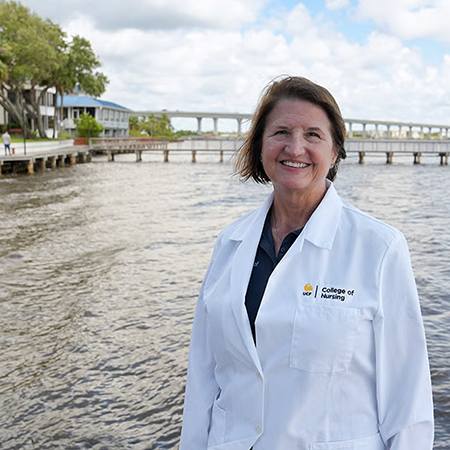
A team led by UCF’s Rebecca Koszalinski is studying how blooms of blue-green algae (cyanobacteria) and red tide (Karenia brevis) in waterways impact human health, potentially causing respiratory, gastrointestinal, skin, and liver issues. They are sampling air and water to determine the presence of toxins throughout Florida’s beaches and waterways and collecting nasal swabs and blood samples from residents and visitors to determine if there has been any exposure.
The study’s first phase showed an increase in dry cough, wheezing, nausea and abdominal pain among residents exposed to the blooms. Researchers are continuing to collect samples from previous participants to examine potential health impacts over time. The team hopes to better advise residents and visitors on when to exercise caution. “If … there’s red tide nearby, what does that mean and what do our residents and visitors need to do for safety?”
View Related Expert Profiles: Go to Source